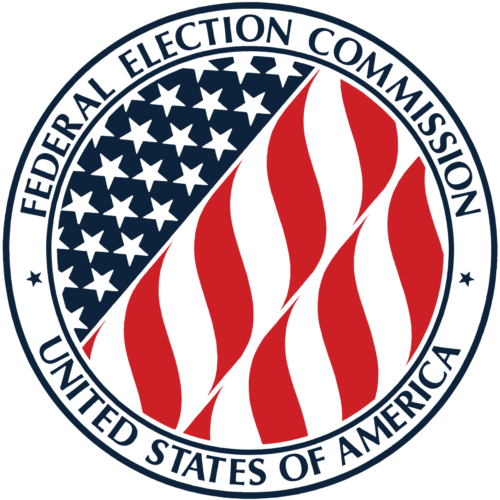Introduction
The Center for Public Integrity is a nonprofit newsroom that investigates betrayals of public trust. Sign up to receive our stories.
For the third time in two years, the Center for Public Integrity has sued the Federal Election Commission — an agency that touts “transparency” in its mission statement — for refusing to release documents requested under the Freedom of Information Act.
The lawsuit, filed Wednesday with the U.S District Court for the District of Columbia, stems from the FEC’s refusal to make public emails between agency officials and the Office of Management and Budget during the initial days of President Donald Trump’s administration.
On Feb. 6, Center for Public Integrity senior political reporter Dave Levinthal filed a FOIA request seeking any email exchanges between a White House and FEC official.
On May 8, the FEC informed Levinthal that it had located responsive documents — all originating from the White House’s Office of Management and Budget — but that it would not release them. Instead, the agency said it was referring the matter to OMB.
Several messages left by Levinthal with OMB about the FOIA request went unreturned until June 2, when OMB wrote in an unsigned email: “We have no record of receiving the Agency consultation from FEC.” OMB did not respond to follow-up questions.
The FEC, for its part, insists OMB is aware of the Center for Public Integrity’s request. FEC officials provided an email documenting how, on May 4, it referred the Center for Public Integrity’s FOIA request to OMB. “And on May 8, we received an email from OMB Assistant General Counsel Trent W. Holbrook acknowledging receipt of our email,” FEC administrative law attorney Robert M. Kahn wrote earlier this month to the Center for Public Integrity.
Since then, neither the FEC nor OMB have provided the documents the Center requested.
As part of its lawsuit, the Center for Public Integrity has also asked the U.S. District Court for the District of Columbia to force the FEC to release internal documents pertaining to @alt_FEC — a popular Twitter account purportedly run by an anonymous FEC staff member and critical of the Trump administration and the agency’s Republican commissioners.
On Feb. 1, Levinthal asked for any agency “emails, memoranda or other correspondence or communication that discuss, mention, reference or otherwise pertain” to the @alt_FEC account. On May 2, the FEC produced seven pages of responsive documents but withheld 14 other pages. Levinthal filed an administrative appeal, and earlier this month, the FEC’s five commissioners voted 5-0 to deny the appeal.
Created in January, @alt_FEC now has more than 41,600 followers, compared to the official @FEC account, which has fewer than 9,400.
The Center’s lawsuit was prepared by research editor and in-house attorney Peter Newbatt Smith.
The Center previously sued the FEC in July 2015 after the agency failed for nearly a year to release requested information about commissioners’ work schedules and travel habits.
In response to the lawsuit, the FEC released hundreds of documents responsive to the Center’s FOIA request. Satisfied with the result, the Center agreed in March 2016 to drop its lawsuit.
The Center again sued the FEC in October 2015 after the agency refused to release a 44-page security study, prepared by a consultant at taxpayer expense, detailing vulnerabilities in the agency’s technology systems.
The Center filed an administrative appeal with the FEC, and the agency’s commissioners voted 5-1 to deny the appeal. A U.S. district judge then ruled in late 2016 that the FEC could keep the report secret.
The FEC commissioned the security study following Levinthal’s report in 2013 that revealed that Chinese hackers had infiltrated the FEC’s information technology systems.
“This is getting a bit monotonous, but as long as the FEC keeps withholding documents we need to complete our investigations, we will keep going to court,” said Center CEO John Dunbar.
The Center for Public Integrity is one of the country’s oldest and largest nonpartisan, nonprofit investigative news organizations and winner of the 2017 Pulitzer Prize for explanatory reporting and the 2014 Pulitzer Prize for investigative reporting.
Read more in Inside Public Integrity
Politics of Pain
Center for Public Integrity wins national reporting prize for opioid series
‘Politics of Pain’ partnership with the AP wins fifth award
Inside Public Integrity
Center for Public Integrity hires three political reporters
Sarah Kleiner, Ashley Balcerzak, Lateshia Beachum to cover Trump, money in politics


Join the conversation
Show Comments